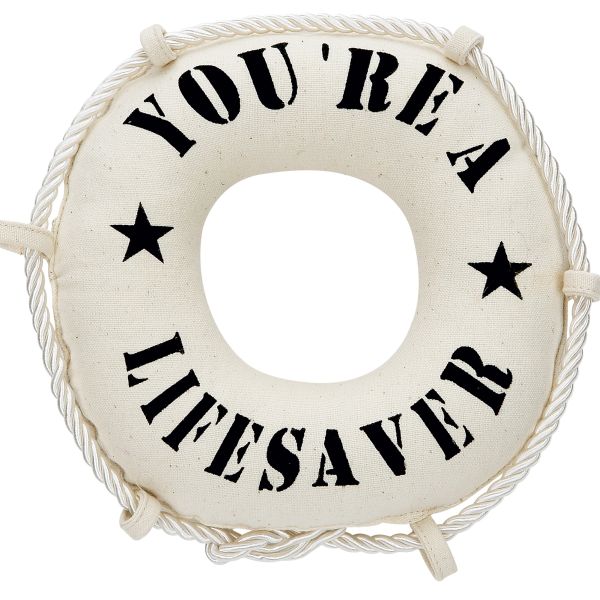
By Randy Moraitis, MA, CIP, BCPC
Stressed out? Tense? Anxious?
If so, here is a simple technique to help you relax. This technique will lower your heart rate, your blood pressure, and your potential for doing or saying something you may regret.
The technique is called “four square breathing” and is taught to military special forces units and first responders to help them stay calm in very stressful situations.
Four square breathing is a quick and easy way to get calm, cool, and collected and can be done virtually anytime and anywhere. I’ve used the technique very successfully with many clients over the years.
Here’s how to do Four Square Breathing:
1. Inhale through the nose for four seconds.
2. Hold the breath for four seconds.
3. Exhale through the mouth for four seconds.
4. Pause for four seconds.
Repeat for 1-3 minutes.
Tips to make this exercise even more effective:
1. Drop and relax your shoulders on each exhale.
2. Focus on a positive, encouraging, relaxing short phrase on each of the four breathing steps and say it in your during each of the four steps.
3. Listen to relaxing music while doing this technique.
4. Once four seconds per step becomes easy, you can increase the duration of each step to six or eight seconds.
I would love to hear any suggestions you have for relaxation. Contact me at randy@randymoraitis.com. Websites: www.randymoraitis.com and www.carepossible.org.





